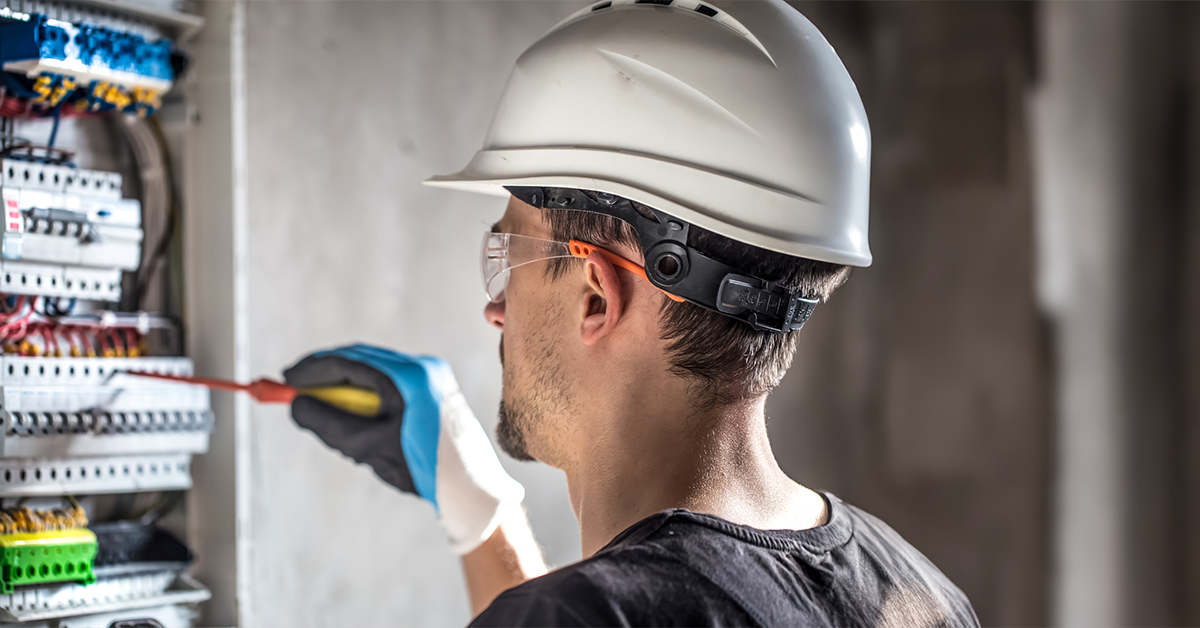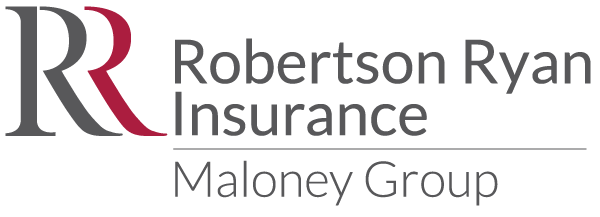Obsolete Electrical Panels: Risks, Types, and Insurance Implications
March 10, 2025

Electrical panels are a crucial component of any building’s electrical system, acting as the central hub for distributing electricity throughout a structure. However, as electrical technology has evolved, many older panels have become outdated and, in some cases, hazardous. Insurance companies are particularly wary of obsolete electrical panels due to their increased risk of electrical fires and system failures. In this article, we will explore various types of obsolete electrical panels, their associated risks, and why insurance providers are reluctant to cover properties with these outdated systems.
Types of Obsolete Electrical Panels
1. Federal Pacific Electric (FPE) Panels
Federal Pacific Electric panels were widely installed from the 1950s to the 1980s. Unfortunately, these panels have a well-documented history of failure. The primary issue is with their Stab-Lok circuit breakers, which frequently fail to trip during an overload or short circuit, significantly increasing the risk of electrical fires. Studies have shown that these breakers may fail over 25% of the time, making them one of the most dangerous obsolete panels in existence.
2. Zinsco Panels
Zinsco panels, popular in the mid-20th century, have significant safety flaws. The breakers in these panels often fail to trip properly, leading to potential overheating and fire hazards. Additionally, the aluminum bus bars in these panels can corrode over time, causing a loss of connectivity and arcing. This makes them a high-risk choice for modern electrical loads.
3. Pushmatic Panels
Pushmatic panels, which were widely used from the 1950s to the 1970s, are known for their unique push-button breaker system. While they do not have the same tripping failure rates as FPE and Zinsco panels, they still pose problems. These panels lack a main breaker, making it difficult to shut off power in an emergency. Additionally, over time, their breaker mechanisms can become stiff, leading to unreliable operation.
4. Fuse Boxes
Before circuit breakers became standard, many homes and buildings were equipped with fuse boxes. Unlike breakers, which can be reset, fuses must be replaced once they blow. The primary concern with fuse boxes is that they are often improperly modified by homeowners who use oversized fuses or bypass them entirely, creating fire hazards. Additionally, fuse boxes are not designed to handle modern electrical loads, making them unsuitable for today’s electrical demands.
5. Split-Bus Panels
Split-bus panels, common in homes built before the 1980s, do not have a single main breaker. Instead, they have multiple breakers controlling different sections of the panel. While this design was once acceptable, it is now considered outdated due to the complexity of shutting down power in an emergency and the difficulty of upgrading them to modern electrical standards.
Why Insurance Companies Refuse to Cover Obsolete Panels
Insurance companies assess electrical systems as part of their risk evaluation process. Obsolete electrical panels significantly increase the likelihood of electrical fires, shocks, and system failures, making them a liability. Here are the primary reasons insurers hesitate to cover properties with outdated panels:
- High Risk of Fire – Many obsolete panels fail to trip when an electrical fault occurs, allowing excessive current to flow and creating a fire hazard. According to the National Fire Protection Association (NFPA), electrical malfunctions were responsible for approximately 44,880 home fires in the U.S. in 2022, resulting in 470 deaths and $1.5 billion in property damage (NFPA Report, 2023).
- Incompatibility with Modern Electrical Loads – Older panels were not designed to handle today’s high-powered appliances and electronics, increasing the likelihood of overloading.
- Outdated Safety Standards – Electrical codes and safety regulations have evolved, making older panels non-compliant with modern standards.
- Increased Maintenance Costs – Insurance companies are wary of properties that may require frequent electrical repairs or costly upgrades to meet safety codes.
- Liability Concerns – If a fire or electrical accident occurs due to an obsolete panel, the insurance provider may face substantial claims and legal liabilities. The Insurance Information Institute (III) states that electrical fires result in an estimated 6% of all homeowners’ insurance claims, often leading to significant payouts (III Report, 2023).
Actions Insurance Companies Take Regarding Obsolete Panels
Insurance companies take various actions when they identify a property with an obsolete electrical panel. These actions include:
- Requirement for Replacement – Many insurers mandate that homeowners replace outdated panels before issuing or renewing a policy.
- Higher Premiums – If coverage is offered, it may come with increased premiums due to the heightened risk associated with obsolete panels.
- Coverage Exclusions – Some policies may exclude coverage for electrical fire damage if an obsolete panel is present.
- Denial or Non-Renewal of Policy – Insurance companies may refuse to provide coverage or decline to renew an existing policy until the panel is upgraded.
- Inspection Reports – Insurers often request an inspection report from a licensed electrician to assess the safety of the panel before making coverage decisions.
Conclusion
Obsolete electrical panels present significant safety risks and financial liabilities, making them a major concern for insurance companies. If you own a property with an outdated panel, replacing it with a modern electrical panel can improve safety, increase property value, and make it easier to obtain homeowner’s insurance. Consulting with a licensed electrician is the best course of action to ensure your electrical system meets current safety standards.
This blog post is for informational purposes only and does not constitute professional advice. For guidance specific to your situation, please contact us directly to discuss further.
